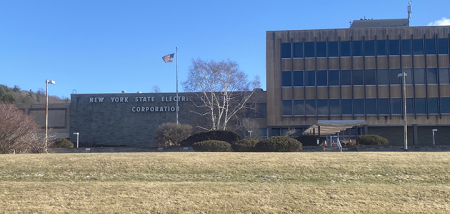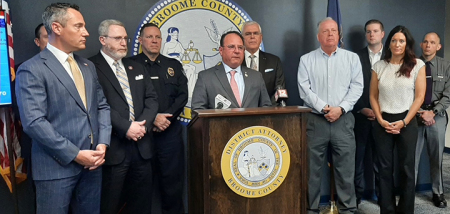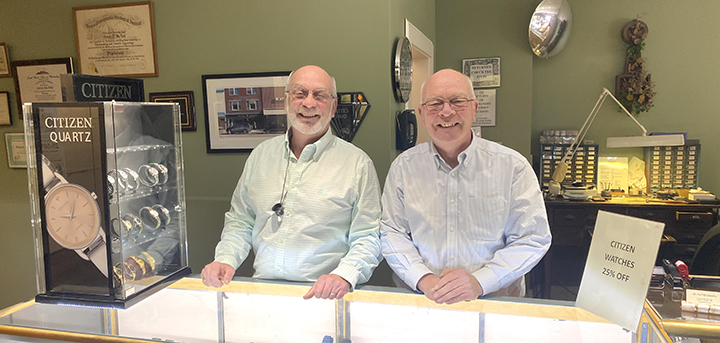City Up For $1.25 Million To Fix Broken Sewage Lines
Published:
August 14th, 2023
By:
Shawn Magrath
NORWICH – The City of Norwich is in line for more than $1.25 million in federal funding that would help the city make needed upgrades to its sewage system.
Funds were included in a federal House appropriations bill which earmarks more than $27 million for community development projects in New York’s 19th Congressional District.
According to Norwich officials, funds will help offset a nearly $3.4 million undertaking to repair the city’s cracked and broken sewage lines which leak material near the Chenango River and throw off chemical balances at the wastewater treatment plant due to excess water during high water events.
“The City of Norwich is pleased to receive the news that the Community Project Funding application to support improvements to our wastewater infrastructure was included in legislation by the House Appropriations Committee,” said Norwich Mayor Brian Doliver. “This award allows the city to make these necessary replacements without significantly increasing the level of debt and creating additional tax burdens for the residents.”
“We still have a ways to go in the process,” said Erik Scrivener, community development planner for the City of Norwich.
Scrivener said that while the promise of federal dollars helps, it’s only half of the $2.47 million asked for in the city’s federal funding application. “We went through the same process last year with the $2.85 million for the water main replacement, so we know it’s going to be a long haul,” he said.
Efforts to replace aging sewage lines are apart from other large scale water projects being spearheaded by the City of Norwich, including the $4 million replacement of the city’s water main and another $16 million proposal to build a new wastewater treatment facility.
The City of Norwich will continue seeking additional awards to fund a majority of the wastewater system repairs, said Scrivener. The city’s using additional loan funding from the NYS Clean Water State Revolving Fund to foot costs of the project. Roughly 25% of the total costs are covered by a grant through the Water Infrastructure Improvement Act.
The city’s sewage lines, much of which is made of clay tile pipe, have been operational for more than a century. About 30,000 feet of damaged pipe throughout the city is slated for repair next year.
Author: Shawn Magrath - More From This Author
Comments









